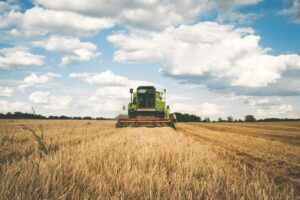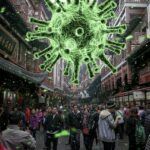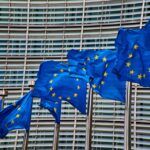While delays in the cross-border transport of agricultural goods were resolved through so-called “green corridors”, which allow the movement of vehicles carrying critical goods, the aquaculture, agriculture and fisheries sectors still face serious difficulties.
The Commission has said that they can be regarded as critical workers, but it is understandable that many do not wish to leave home. Lower production could in turn have an impact on prices. In addition, the agricultural sector has lost important customers with the closure of hotels and restaurants.
Support for fishermen and aquaculture
During the plenary session on 17 April, MEPs approved financial assistance for the fishing communities and fish farmers affected. Fisheries are facing logistical difficulties in ports, rising prices for the transport of fish products, trade restrictions with third countries, price collapses, loss of markets, concerns about crew safety and limited possibilities for crew rotation due to quarantine.
A number of emergency measures will help the sectors, including increased possibilities for state aid and the introduction of support measures through the European Maritime and Fisheries Fund, which will be made more flexible.
Member States will be able to provide support:
– to fishermen for temporary cessation of fishing activities.
– to fish farmers for the temporary suspension or reduction of production.
– to producer organisations for the temporary storage of fishery and aquaculture products.
EU measures
On 15th April Parliament’s Agriculture Committee welcomed the European Commission’s plans to help the agri-food sector, but called for more specific measures, including market measures such as private storage. MEPs also called for the activation of the crisis reserve to help agricultural sectors in difficulty and said that the EU’s agricultural policy would need adequate long-term budgetary support in the wake of the COVID-19 pandemic.
Among the measures are the reallocation of unused agricultural funds to combat the effects of the crisis in rural areas. A more flexible and simplified European agricultural fund for rural development will allow for soft loans or guarantees to cover operational costs of up to EUR 200,000.
The Commission has also proposed reducing the number of physical checks on farms, extending the deadline for farmers to apply for direct payments and rural development payments by one month to 15 June 2020 and increasing advances on these payments from mid-October.
With regard to seasonal workers, who are crucial for planting, tending and harvesting, EU countries are encouraged to treat them as critical workers, exchange information on their needs and ensure their smooth passage across borders.







Leave a Reply